Horizon Project
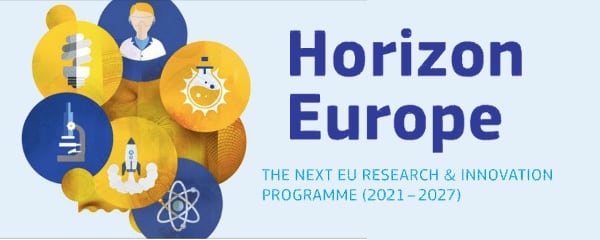
horizon-europe-title
Pillars
The three high level pillars vision of Horizon Europe is based on the previously elaborated vision for the EU Future:
- I: Excellent Science (bottom up - formerly called Open Science)
- II:Global Challenges and European Industrial Competitiveness (bottom down)
- III: Innovative Europe (formerly Open Innovation then Openness to the world)
Being bottom-up oriented means that it is researcher or innovator driven, as opposed to the bottom down approach which is determined by strategically defined EU policy priorities. IMO they call that bottom-down to not admit that's simply top down, or it is truly driven by decentralized / people's vocal needs.
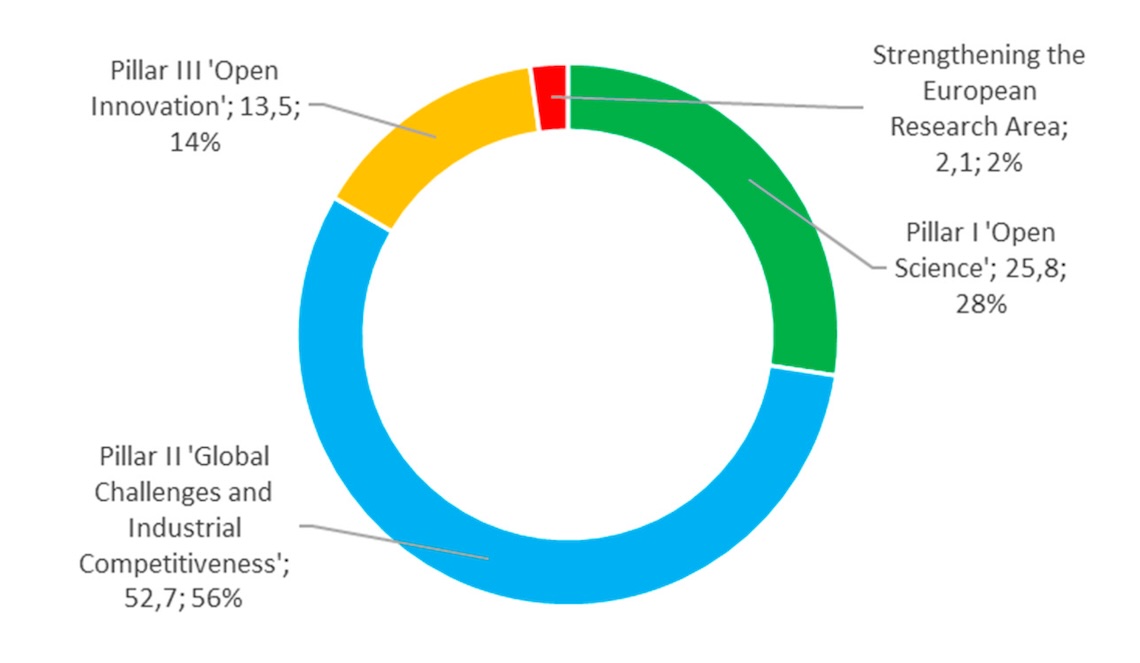
Source here.
Clusters
They divide those pillars into the following fields clusters:
- Health
- Culture, Creativity and Inclusive Society
- Civil Security for Society
- Digital, Industry and Space
- Climate, Energy and Mobility
- Food, Bioeconomy, Natural Resources, Agriculture and Environment
- Non Nuclear JRC
JRC is irrelevant to us, stands for Joint Research Centre.
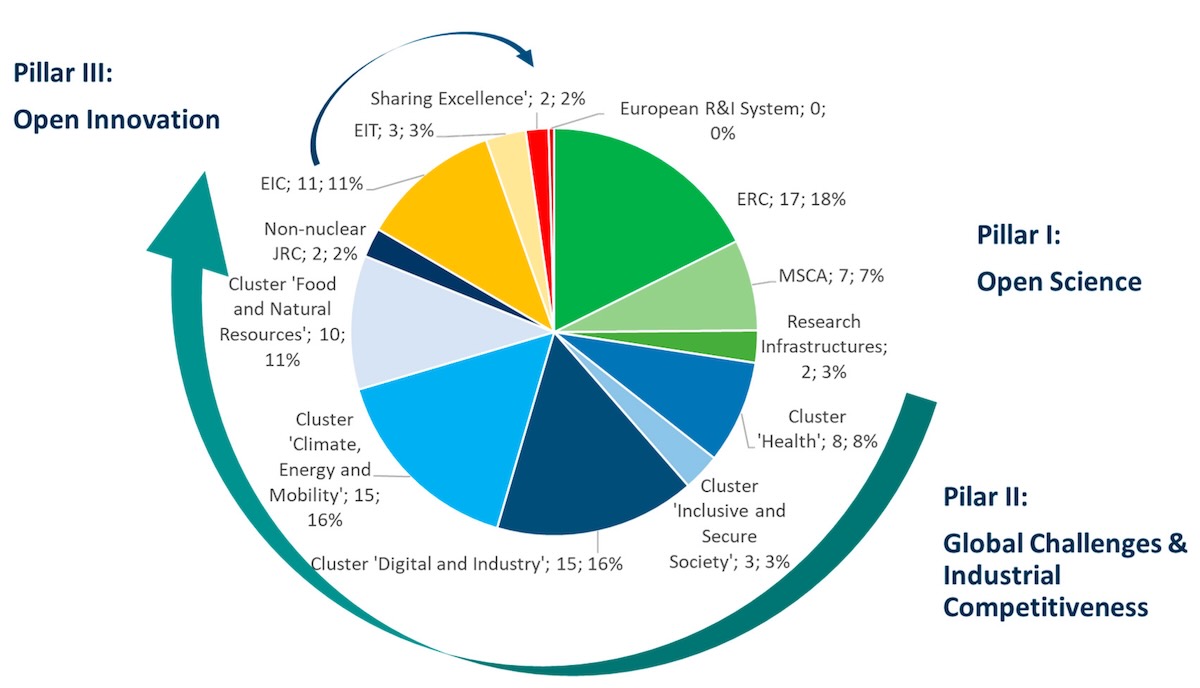
Different nomenclature but somewhat maps to the pillars defined further up, source: same pillar image.
1. Health
Promote and protect human health, prevent diseases, and support transformation of healthcare systems.
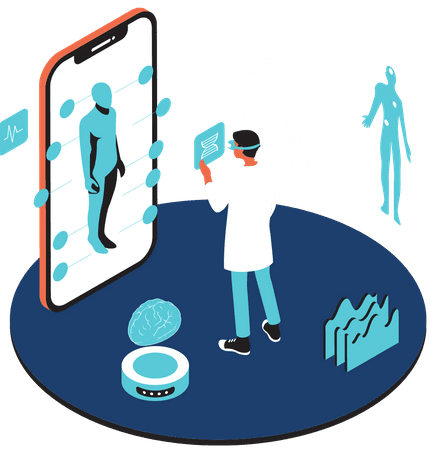
Research and innovation will focus on:
- Understanding health and diseases
- Developing innovative solutions for health management
- Digital transformation and integrated care services
2. Culture, Creativity and Inclusive Society
Support EU goals on democratic governance, cultural heritage, and social transformations.
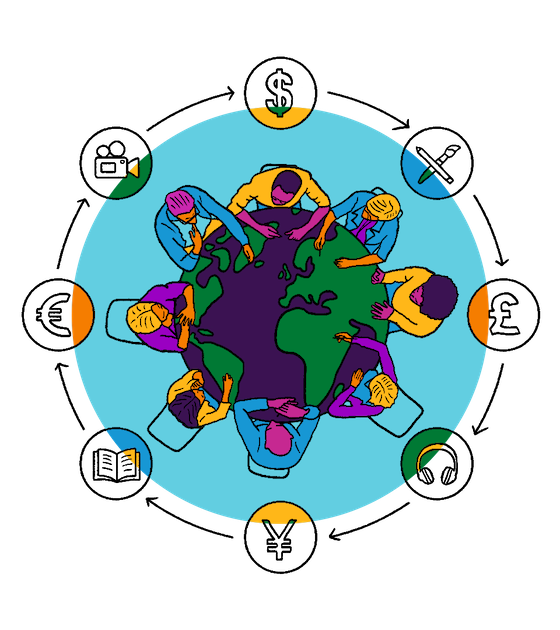
- Enhance civic engagement and transparency
- Promote cultural heritage and inclusive growth
- Tackle social, economic, and political inequalities
3. Civil Security for Society

Protect EU citizens from crime, terrorism, and natural disasters. Research will focus on:
- Countering current threats
- Anticipating future threats
- Developing state-of-the-art security equipment and knowledge
4. Digital, Industry and Space
Advance key technologies, support digitization and transformation of European industry, and secure global leadership. Activities will:
- Foster low-carbon, circular, and clean industry
- Promote inclusiveness and high-quality jobs
- Address industrial challenges and skills mismatches
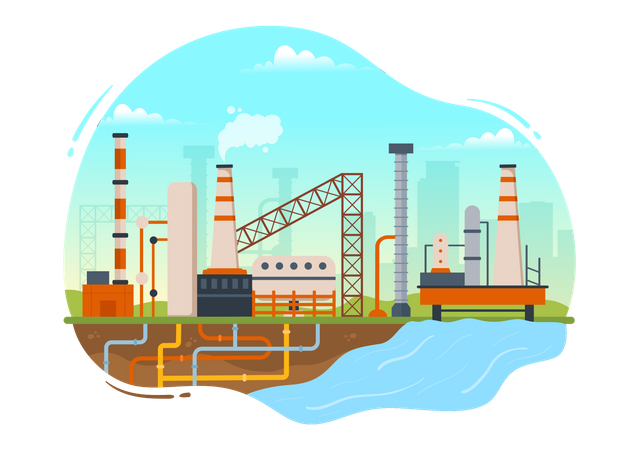
5. Climate, Energy and Mobility
Fight climate change, improve energy and transport industries, and ensure a socially fair transition. Actions will:
-
Establish climate-friendly energy and mobility systems
-
Support technological, economic, and societal transformations
-
Achieve climate neutrality and adapt to climate change
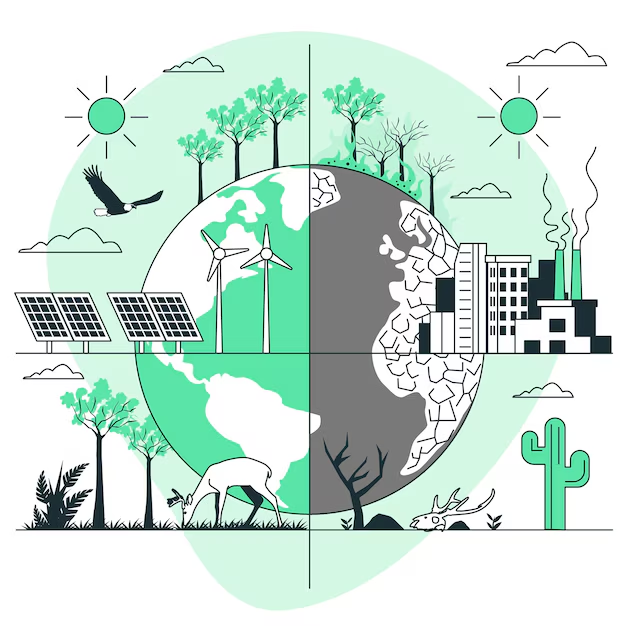
6. Food, Bioeconomy, Natural Resources, Agriculture and Environment
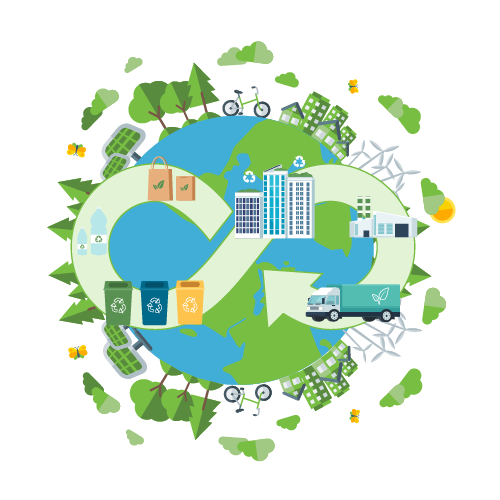
Advance knowledge and deliver innovative solutions for sustainable management of natural resources. Activities will:
-
Promote climate adaptation and neutrality
-
Optimize ecosystem services and reduce environmental degradation
-
Support vibrant rural and coastal areas and sustainable food systems
Missions / Targets
1.1 Promote and Protect Human Health
- Ensure access to innovative, sustainable, and high-quality healthcare
- Support effective, efficient, equitable, and resilient healthcare systems
- Foster a healthy society through:
- Universal access to good quality healthcare
- Addressing societal trends and changes
1.2 Prevent Diseases
- Unlock full potential of new tools, technologies, and digital solutions for health
- Address barriers to implementation and scale-up of novel therapies and technologies
- Focus on:
- Prevention and early intervention
- Health data exchange and research
1.3 Support Transformation of Healthcare Systems
- Maintain an innovative, sustainable, and globally competitive health industry
- Drive digital transformation and integrated care services through:
- Research and innovation
- Cooperation and capacity building within a value ecosystem
- Addressing challenges for health industries, particularly SMEs
2.1: Democracy and Governance
- Enhance democratic governance and civic engagement
- Foster transparency, accountability, and legitimacy
- Protect fundamental rights and the rule of law
- Address threats to democracy, including polarization and disinformation
2.2: Cultural Heritage and Creative Economy
- Promote cultural heritage and creative economy
- Support innovation and job creation in cultural and creative sectors
- Enhance access to and participation in cultural heritage
- Foster inclusive growth and social cohesion
2.3: Social and Economic Transformations
-
Address social and economic inequalities
-
Support inclusive growth and upward convergence
-
Foster education, training, and lifelong learning
-
Assess impacts of globalization, technological change, and demographic shifts on work, skills, and welfare.
3.1 Countering Current Threats
- Terrorism and crime, such as cybercrime and violent radicalization
- Natural and man-made disasters, like floods, earthquakes, and CBRN-E incidents
- Border management, including integrated border management and the protection of external borders
- Protection of public spaces, critical infrastructure, and vital societal functions
e.g Applicatons:
- Disaster risk management and response
- Border surveillance and monitoring
- Prevention and preparedness for terrorist attacks
- Cybersecurity and protection of digital infrastructure
3.2 Anticipating Future Threats
- Climate change and its impacts on security
- Pandemics and emerging infectious diseases
- Hybrid threats and cyber-attacks
- New technologies and their potential misuse
e.g Applicatons:
- Understanding and addressing human and societal factors
- Developing anticipatory and proactive approaches
- Enhancing international cooperation and collaboration
3.3. Developing State-of-the-Art Security Equipment and Knowledge
The EU aims to develop and deploy cutting-edge security solutions, including:
- Advanced AI technologies leveraging blockchain, and the Internet of Things
- Innovative materials and manufacturing techniques
- Enhanced data analysis and cybersecurity capabilities
e.g Applicatons:
-
Improving the security and resilience of critical infrastructure via AI
-
Use of AI to develop more effective and efficient security systems
-
AI to enhance the competitiveness of the European security industry
4.1 TODO
5 Climate, Energy and Mobility
Fight climate change, improve energy and transport industries, and ensure a socially fair transition. Actions to:
- Establish climate-friendly energy and mobility systems
- Support technological, economic, and societal transformations
- Achieve climate neutrality and adapt to climate change
6. Food, Bioeconomy, Natural Resources, Agriculture and Environment
Advance knowledge and deliver innovative solutions for sustainable management of natural resources. Activities will:
- Promote climate adaptation and neutrality
- Optimize ecosystem services and reduce environmental degradation
- Support vibrant rural and coastal areas and sustainable food systems
